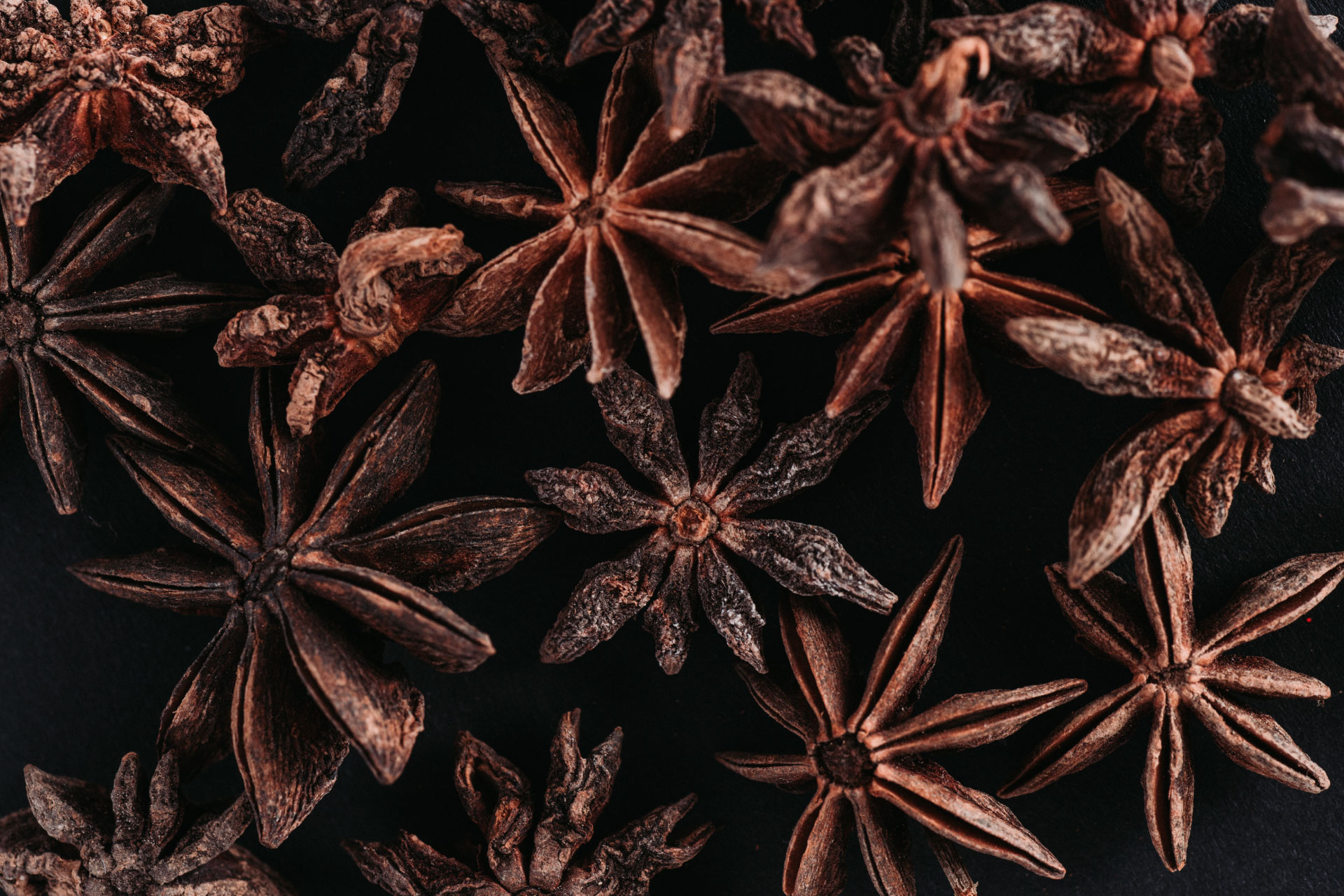How we cook our food can be a way of increasing toxic compounds which are detrimental to your health. With this in mind, I wanted to write a bit about the production of products called AGES which are produced by glycation. Especially as it´s a time when we begin to BBQ our food.
Glycation is the process through which a molecule (i.e., protein, amino acid, lipid, DNA) attaches to a carbohydrate. While glycation is a normal process, advanced glycation end products (AGEs) are of concern as they may become harmful to health. AGEs are substances formed through the Maillard reaction when protein and fat combine with sugar. This process occurs within the body or through the consumption of foods that contain AGEs, either naturally high in them or produced through the cooking process (Think especially of processed foods). It is basically a term for applying heat to food so that it becomes toasty brown, or caramelised, creating delicious aromas, flavours, and attractive textures.
In the body, AGEs accumulate in tissues, which may explain their relation to diseases including Alzheimer’s disease, cancer, atherosclerosis, and nephropathy, plus other brain disorders. AGEs also affect cardiovascular and renal (kidney) pathways, .
Elevated blood glucose levels can contribute to the formation and accumulation of AGEs. AGEs may cause disease complications by activating oxidative stress (OS) and inflammatory pathways. They also recult in low insulin secretion and high beta cell death (in the pancreas), furthering disease progression.
NOTE: Other factors that increase AGEs include alcohol consumption (especially excess), smoking habits, high-fat diets, high-calorie diets, excess processed foods, poor renal health, high blood sugar, and inflammation.
Oxidative stress, ageing, and AGEs
AGEs are associated with accelerated ageing. In addition to the correlation of AGEs with diseases, AGEs may contribute to physical in older adults through osteoporosis, osteoarthritis, and muscle wasting. As AGEs accumulate in tissues throughout the body, they may directly increase OS, which is thought to accelerate aging.
How to reduce AGEs in your cooking
Foods are likely a greater source of AGEs than what is produced in the body, making food the controllable factor. LOW AGE foods are fruits, veggies, whole grains. However high fat and protein foods especially those from animal sources, are already high in AGEs, and their cooking/processing increases them. Fortunately, there are ways to minimize AGEs in your cooking.
Strategies to avoid AGEs in cooking:
- Cook at low-medium temperatures “Browning” food (e.g., grilling, frying, smoking) increases AGEs in the cooking process. Of note, AGE formation is significantlylower with air frying versus traditional deep-frying methods. This is likely due to the lower fat usage in air frying. Air frying may also prevent the precursor substances of AGEs from forming.
- Avoid dry heat cooking: Include water or moisture while cooking. AGEs are high in dry foods, such as baked goods, cereal, cheese, and meat.
- Decrease the pH of food: High pH in processed foods leads to more AGEs. You can minimize AGEs by cooking with lemon juice or vinegar.
- Cook for shorter durations: Longer cooking times increase AGEs.
- Avoid storing foods for too long: The longer you store foods, the greater the possibility for more AGEs to form. AGE formation during food storage may depend on temperature and moisture content.
- Use spices in your cooking: Spices have antiglycation and antimicrobial properties, are potent sources of antioxidants, and act as natural food preservatives.
How spices can help
Adding spices to your cooking is a great way to minimize AGEs. You can incorporate them as fresh herbs or dried powders in practically any meal. What’s more, spices help prevent food spoilage caused by lipid peroxidation and have antimicrobial properties against yeasts, mold, and bacteria. Plus, spices are great sources of antioxidants that can combat inflammation caused by AGEs.
Which spices are best?
The top spices to reduce glycation are allspice, star anise, cloves, cinnamon, and oregano.
